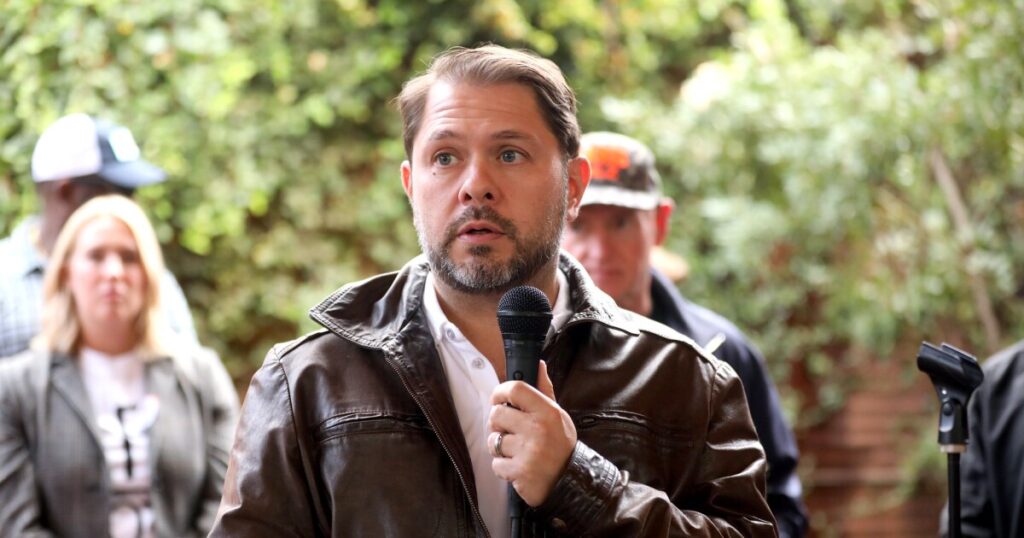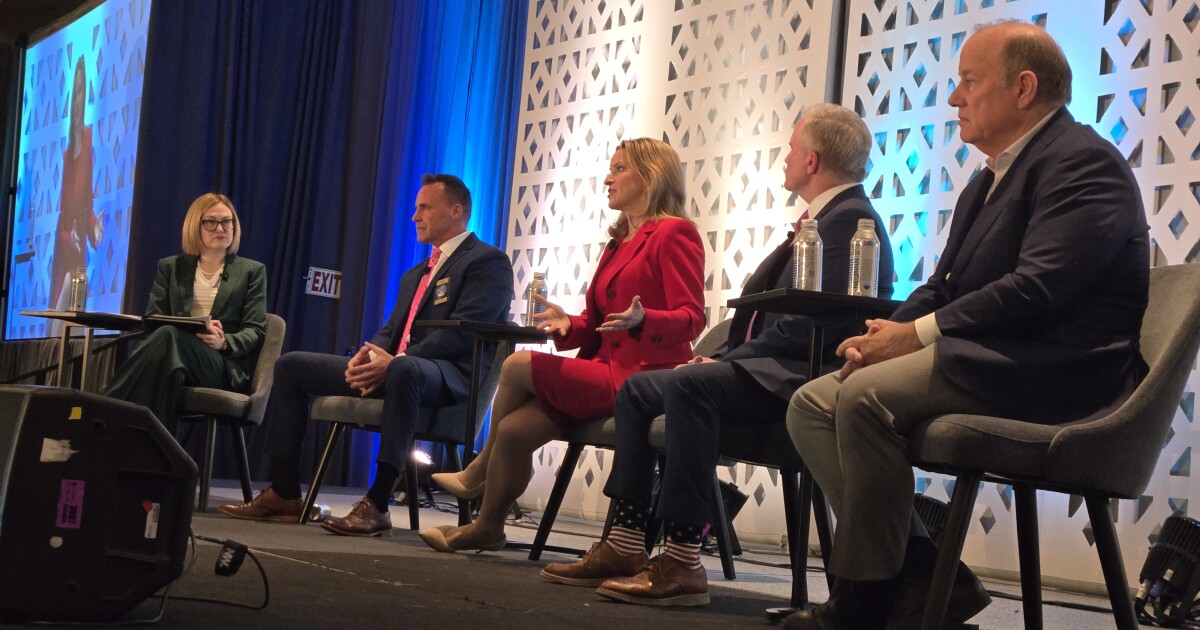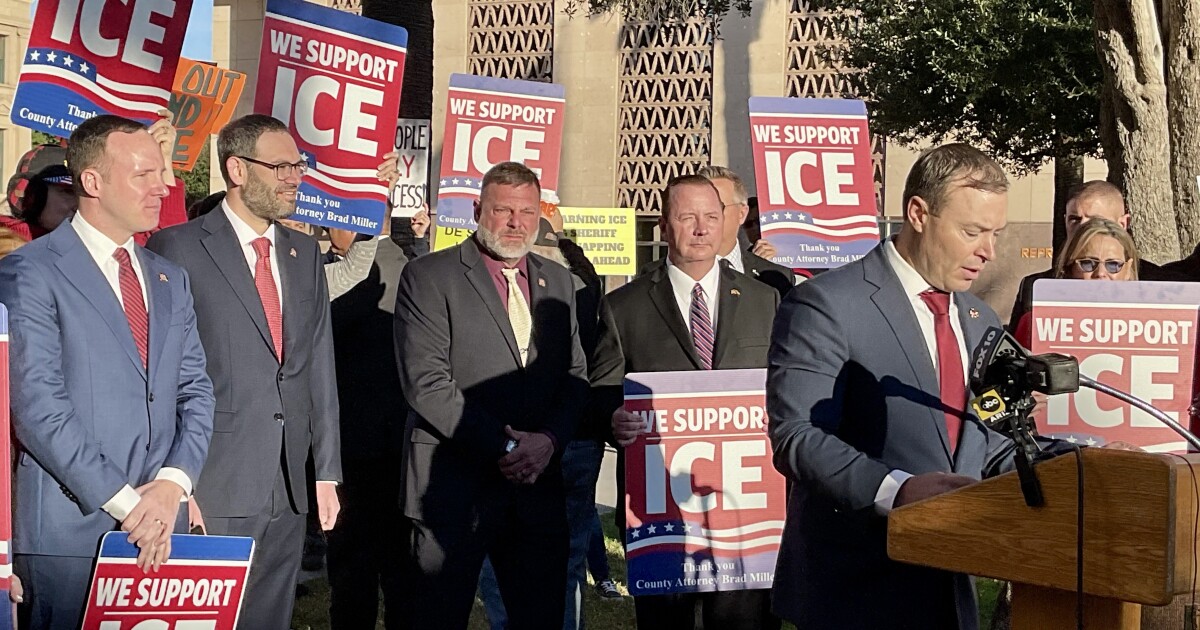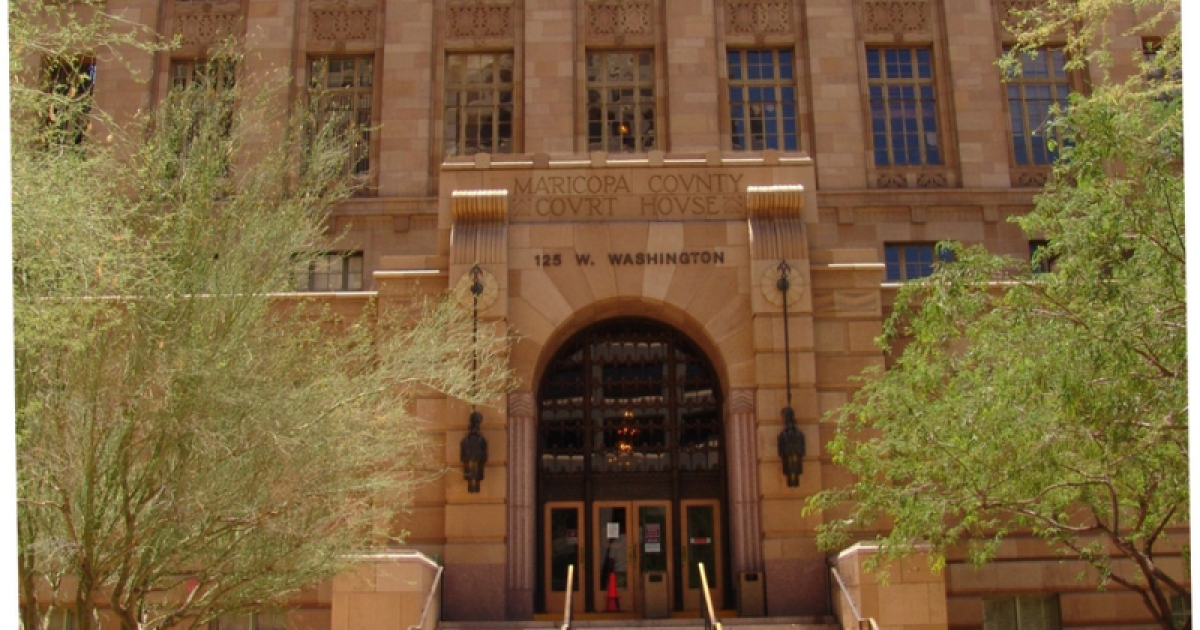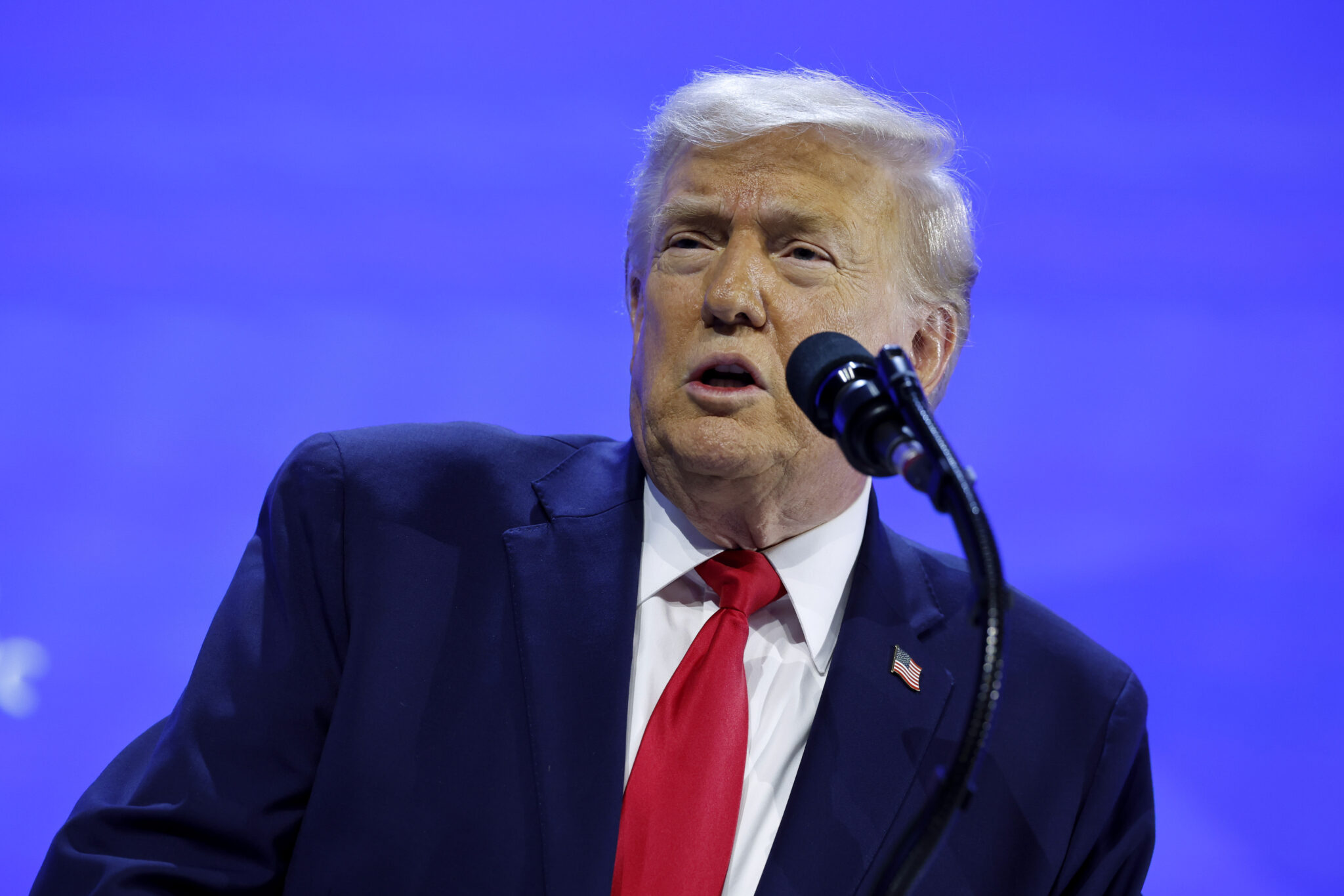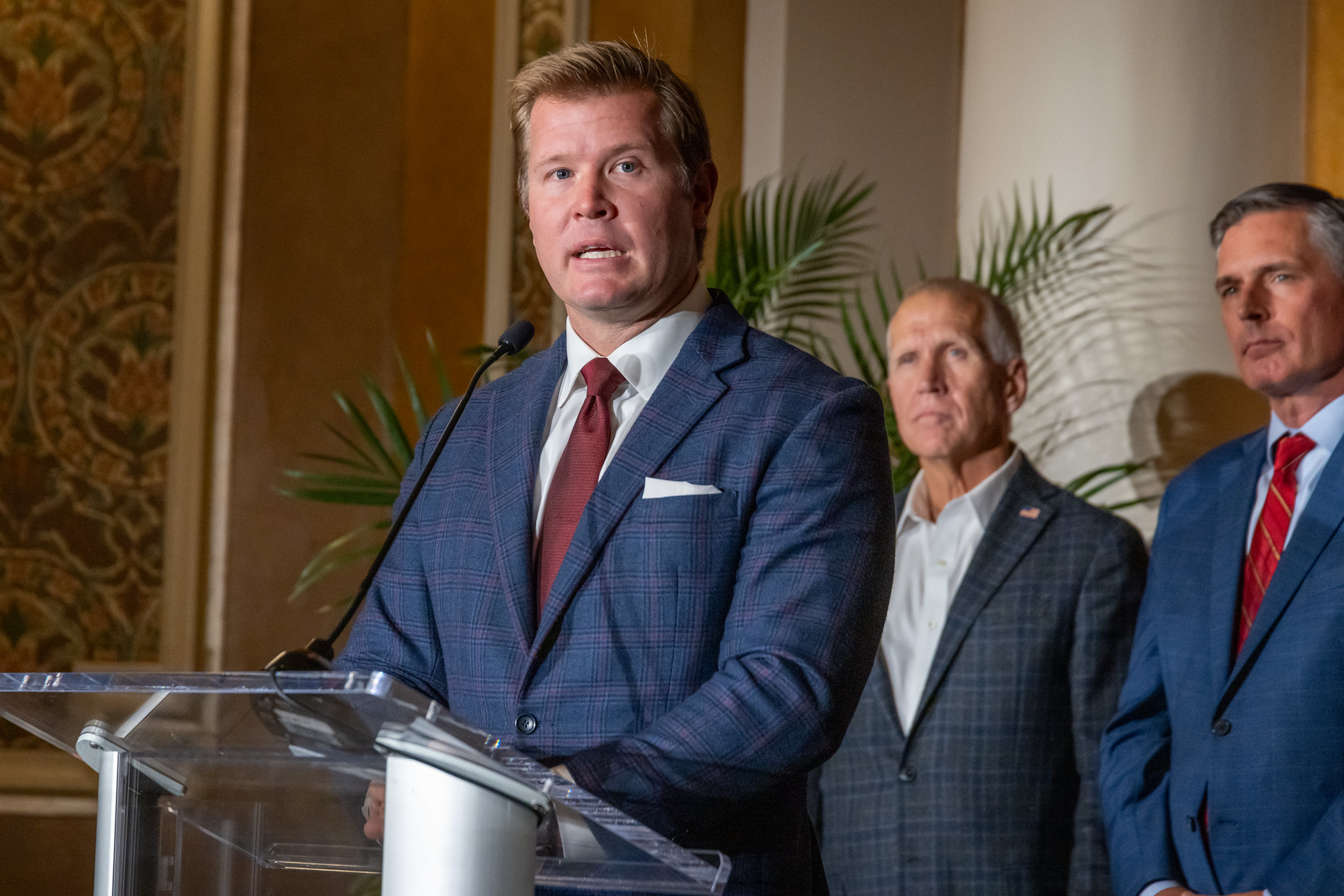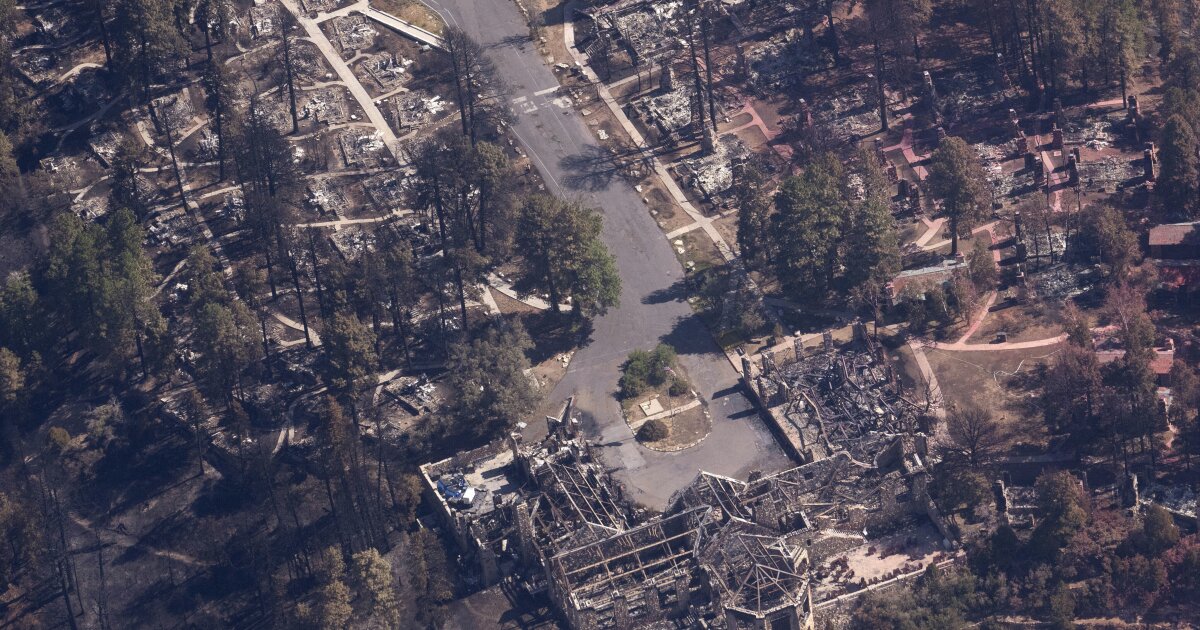As the political landscape shifts, a new legislative act is stirring discussions on immigration and border security. Recently enacted, the Laken Riley Act has drawn reactions from both sides of the aisle, highlighting the complex sentiments around immigration reform in the United States.
In Congress, the Laken Riley Act, a Republican-driven initiative, found support from unexpected quarters. Democratic Representative Greg Stanton, alongside Senators Mark Kelly and Ruben Gallego, backed the legislation, which mandates federal immigration authorities to detain and deport individuals without legal status charged with theft or certain violent offenses. Gallego even co-sponsored the act, asserting that effective border management is crucial. “Arizonans know the real-life consequences of today’s border crisis,” he stated, emphasizing the need for law enforcement to act when laws are broken by undocumented individuals.
However, this move has not been without controversy. Over 200 Arizona Democrats expressed their discontent with party leaders like Gallego, fearing the act undermines due process for accused migrants. They view the measure as a potential betrayal of the Latino community, a significant force behind Gallego’s electoral success in a state previously won by Trump.
Gallego stands firm against the criticism. Speaking to KJZZ shortly after the act was signed into law by Trump, he dismissed claims that his stance misrepresents Latino voters’ opinions. “They’re welcome to give me advice,” he remarked, “but don’t come and try to lie to me and say that that’s where the Latino voter is.”
Working-Class Latino Perspectives
Gallego maintains that his position aligns with the views of working-class Latinos, who support immigration reform but also desire stricter border control. He believes this sentiment is shared not only by Latino voters but also by undocumented Latino immigrants. “I heard it [from] unauthorized people, undocumented people, illegal, whatever word you want to use,” he said, describing their lack of connection with recent migrants.
This perspective resonates with individuals like Luis Acosta, a Democratic political consultant and Dreamer. Acosta’s parents, who remain undocumented in the U.S., perceive their migration differently from newer arrivals. “It’s definitely a situation where I think [issues at the southern border] just turned into something that got out of control really fast,” Acosta explained. He also stressed the importance of migrants abiding by the law, reflecting a widespread sentiment among the immigrant community.
‘A Potpourri of Ideological Views’
According to Samara Klar, a University of Arizona professor, Latino voters’ opinions on immigration are nuanced, balancing support for reform with concerns over border security. Klar notes that more than half of Latino voters supported a 2024 ballot measure granting local law enforcement authority to enforce immigration laws, despite warnings of potential racial profiling. This diversity of views makes it challenging for lawmakers to align with a single political stance.
Gallego’s support of the Laken Riley Act, Klar suggests, is consistent with his campaign approach, which addressed Arizonans’ priorities. “Gallego is a pro-choice Democrat but he also really made a fairly tough stance on the border,” Klar observed, emphasizing the importance of addressing constituents’ concerns.
For Gallego, effective representation in a border state like Arizona requires a balanced approach to Trump’s policies. He acknowledges the need for border security but rejects extreme measures like mass deportations or ending birthright citizenship. Gallego believes restoring trust in Democrats’ handling of border issues is essential before advocating for comprehensive immigration reform and a pathway to citizenship.
“We can’t have it all,” Gallego concluded, highlighting the need for pragmatic solutions to complex immigration challenges facing the nation.
—
Read More Arizona News

